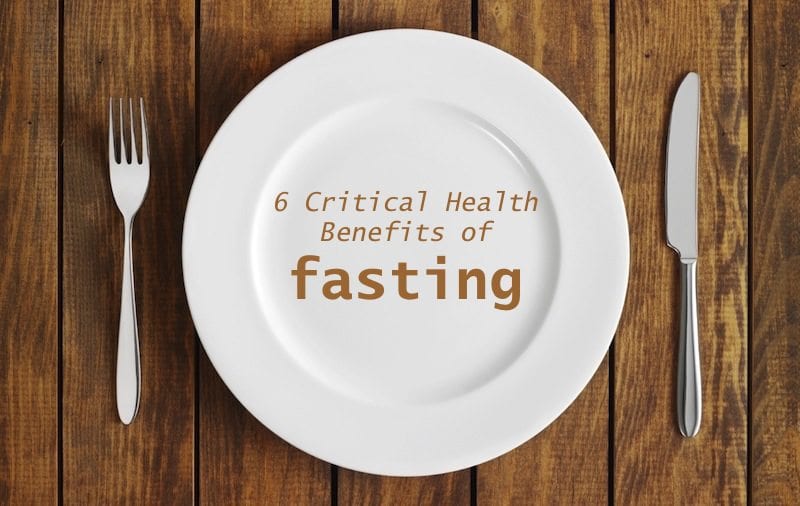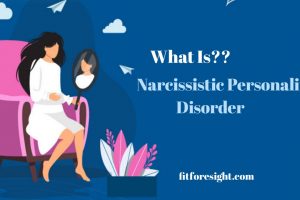Fasting Benefits for Mental Health
Introduction: Fasting has been practiced for centuries, not only for religious reasons but also for health benefits. While the physical advantages of fasting, such as weight loss and improved metabolism, are well-known, the mental health benefits of fasting are often overlooked. Recent studies have shown that fasting benefits for mental health can be quite significant, ranging from increased brain function to reduced stress and improved well-being. In this article, we will explore the various ways in which fasting can benefit mental health.
How Fasting Affects Brain Function:
Studies have shown that fasting can increase brain function in several ways. One way is by promoting the production of brain-derived neurotrophic factor (BDNF), a protein that promotes the growth of new brain cells and improves cognitive function. Additionally, fasting has been shown to improve the brain’s ability to use energy efficiently, leading to better brain function and focus.
Fasting and Reduced Stress Levels:
Stress is a common mental health issue that can lead to a range of physical and emotional problems. Fasting has been shown to reduce stress levels by lowering cortisol, a hormone that is produced in response to stress. Fasting can also activate the body’s natural relaxation response, leading to a reduction in anxiety and tension.
Fasting and Improved Mood:
Fasting has been shown to improve mood by promoting the production of endorphins, chemicals that promote feelings of happiness and well-being. Additionally, fasting can reduce inflammation in the body, which has been linked to depression and other mood disorders.
Fasting and Reduced Risk of Neurodegenerative Diseases:
Fasting has been shown to reduce the risk of neurodegenerative diseases such as Alzheimer’s and Parkinson’s. Fasting promotes the production of ketones, which can protect the brain from damage and improve cognitive function. Additionally, fasting has been shown to reduce inflammation, which has been linked to the development of neurodegenerative diseases.
FAQs about Fasting and Mental Health:
Q: Is fasting safe for mental health? A: Fasting can be safe for mental health if done correctly. However, it is important to talk to a healthcare provider before starting a fasting regimen.
Q: How long should I fast for mental health benefits? A: The length of time for a fast can vary depending on the individual and their goals. It is important to start with shorter fasts and gradually increase the length of time.
Q: Can fasting worsen mental health issues? A: Fasting can worsen certain mental health issues, such as eating disorders. It is important to talk to a healthcare provider before starting a fasting regimen.
Conclusion:
Fasting benefits for mental health are often overlooked, but the benefits can be significant. Fasting can improve brain function, reduce stress, and improve overall well-being. If you are interested in exploring the mental health benefits of fasting, it is important to talk to a healthcare provider before starting a fasting regimen. With the proper guidance, fasting can be a safe and effective way to improve mental health.

























Add Comment